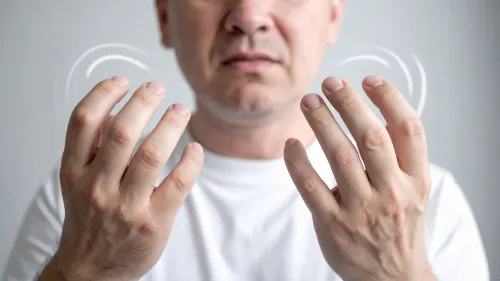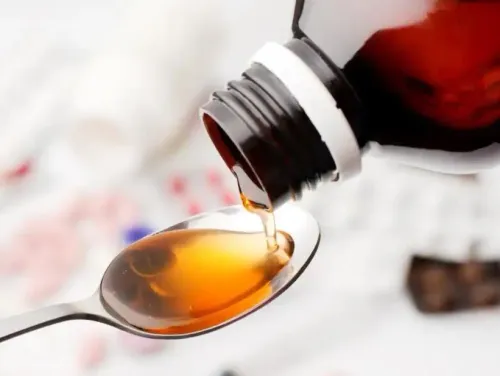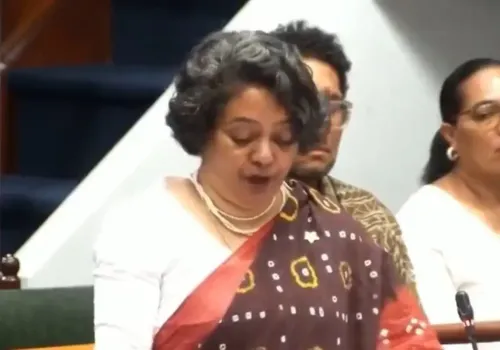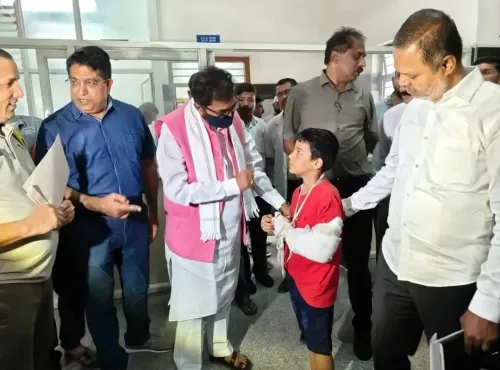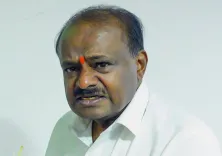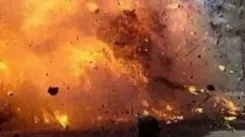Were Contaminated Cough Syrups Exported from India? CDSCO Responds to WHO
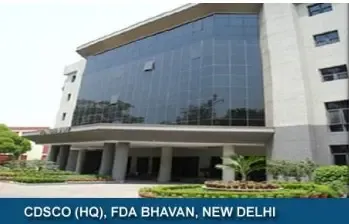
Synopsis
Key Takeaways
- CDSCO confirms no contaminated syrups were exported.
- Diethylene Glycol (DEG) detected in several products.
- Manufacturing unit in Kanchipuram sealed.
- Multiple states have banned the sale of Coldrif.
- WHO offers support for investigation.
New Delhi, Oct 9 (NationPress) As the fatalities linked to toxic cough syrup reach 22, the Central Drugs Standard Control Organisation (CDSCO) has clarified to the World Health Organisation (WHO) that none of the three cough syrups—Coldrif, Respifresh TR, and ReLife—were sent out from India.
This clarification follows the UN health agency's inquiry about the export of Coldrif, especially after numerous deaths among young children in Madhya Pradesh and Rajasthan attributed to acute renal failure and acute encephalitis syndrome.
The WHO aimed to determine if the cough syrups associated with these tragic incidents had been shipped to other nations.
According to the WHO, the CDSCO reported that Diethylene Glycol (DEG) was found in at least three oral syrup medications, which were among those ingested by children in the cases reported.
The WHO identified these three products: Coldrif from Sresan Pharma (Tamil Nadu) containing 48.6% DEG; Respifresh TR from Rednex Pharmaceuticals (Gujarat) with 1.342% DEG; and ReLife from Shape Pharma (Gujarat) with 0.616% DEG.
While expressing its “condolences” to the bereaved families, the UN health agency extended its “support to national authorities in investigating and addressing these distressing occurrences.”
However, the WHO noted that it “has not received any official information regarding the source of the DEG contamination or if any contaminated pharmaceutical materials have been pinpointed.”
The UN agency also raised concerns about the “potential risk of contaminated products being exported to other countries, especially through unregulated channels,” highlighting the “regulatory gap in DEG/EG screening for domestically marketed medicines in India.”
A manufacturing facility in Kanchipuram (Tamil Nadu) has been sealed. Several states, including Tamil Nadu, Kerala, Madhya Pradesh, Punjab, and Arunachal Pradesh, have prohibited the sale of Coldrif cough syrups, while others like Telangana, Karnataka, and Maharashtra have issued alerts.
In the meantime, an advisory from the Director General of Health Services (DGHS), Dr. Sunita Sharma, urged prudent use of cough syrups among children.
“Cough and cold medications should not be prescribed or dispensed to children under 2 years,” she stated.
In particular cases, it should only be administered “after careful clinical evaluation with close supervision and strict adherence to appropriate dosing.”

